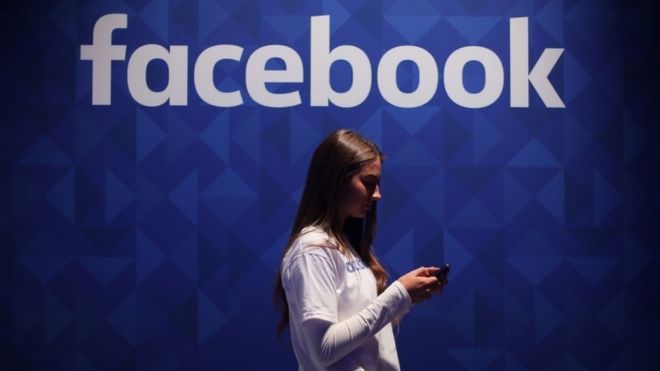Health Insurance Costs Frightening Early Retirees

Who doesn’t dream of retiring? I wish I could retire, but like so many other seniors, will have to work as long as possible. Besides, I tell everyone that I never want to retire because I want to get un-tired, because I’m still tired, so why would I want to get re-tired? I love playing with the English language.
Retiring in your 60s is generally thought of as the accepted rule, largely due to Social Security’s retirement benefits based on ages of 65 and older. Yet, many younger people dream of making enough money to retire early in their 50s. They believe that retiring earlier will allow them to enjoy and do things that they may not be able to do if they wait to their 60s or 70s.
Many books have been written about what one needs to consider before retiring early. Financial advisers and seminar speakers are getting rich by telling or helping people to plan for early retirement.
But in today’s volatile health insurance climate, many people that have taken early retirement or planning to retire early have another thing to take into consideration and it’s frightening many – the cost of health insurance.
Kaiser Health News posted:
“Don and Debra Clark of Springfield, Mo., are glad they have health insurance. Don is 56 and Debra is 58. The Clarks say they know the risk of an unexpected illness or medical event is rising as they age and they must have coverage.”
“Don is retired and Debra works part time a couple of days a week. As a result, along with about 20 million other Americans, they buy health insurance in the individual market — the one significantly altered by the Affordable Care Act (ACA).”
“But the Clarks are not happy at all with what they pay for their coverage — $1,400 a month for a plan with a $4,500 deductible. Nor are they looking forward to the ACA’s fifth open enrollment period, which runs from Wednesday through Dec. 15 in most states. Many insurers are raising premiums by double digits, in part because of the Trump administration’s decision to stop payments to insurers to cover the discounts they are required to give to some low-income customers to cover out-of-pocket costs.”
“‘This has become a nightmare,’ said Don Clark. ‘We are now spending about 30 percent of our income on health insurance and health care. We did not plan for that’.”
I know that for the past 10 years, my wife and I went without health insurance until we reached 65 and could file for Medicare and even then, it still costs us $126 a month each for just parts A&B, which fall short of covering many medical costs.
Before Medicare, we looked at purchasing our own health insurance, but the cheapest we could find had a premium of $816.14 a month and that came with a $4,000 deductible and after the deductible was met, would only pay 60% of COVERED expenses. We all know how insurance companies define COVERED expenses. There was no way we could afford that much out of pocket, so we went without health coverage and feared getting sick or injured.
With the turmoil on healthcare, not knowing if Obamacare will continue or if it will be replaced with something else, which we have no concept of what that will cost us either in premiums or increased taxes.
One thing is certain, whether you are planning on retiring early or in your 60s or 70s, healthcare costs must be a major consideration and that’s difficult to do with not knowing what’s going to happen.








Recent Comments